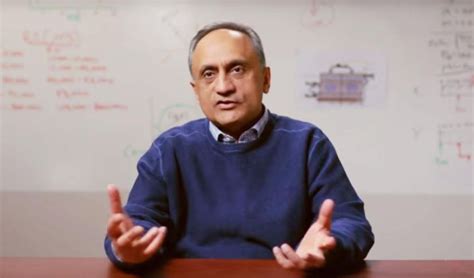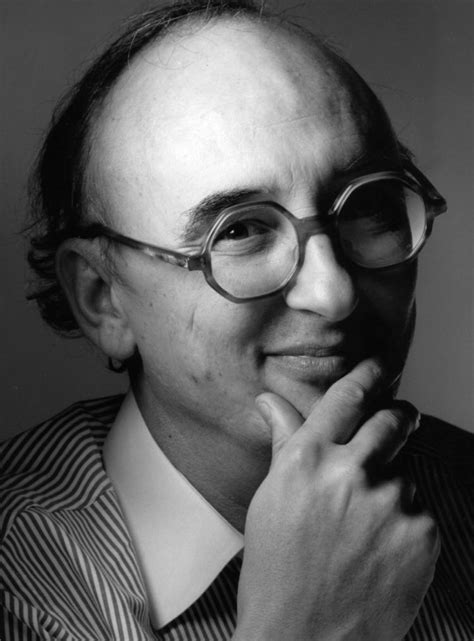A Quote by Michael Hudson
You have a choice. Either you can have more oil, or more clean water. Fracking is not good for the water supply.
Related Quotes
Water is one of the most basic of all needs - we cannot live for more than a few days without it. And yet, most people take water for granted. We waste water needlessly and don't realize that clean water is a very limited resource. More than 1 billion people around the world have no access to safe, clean drinking water, and over 2.5 billion do not have adequate sanitation service. Over 2 million people die each year because of unsafe water - and most of them are children!
We buy a bottle of water in the city, where clean water comes out in its taps. You know, back in 1965, if someone said to the average person, 'You know in thirty years you are going to buy water in plastic bottles and pay more for that water than for gasoline?' Everybody would look at you like you're completely out of your mind.
Rather than forcing local factories to clean up after themselves, Changzhou decided to outsource the job of managing its water supply to a French company named Veolia - one of a handful of corporate giants now scrambling to take over city water systems around the planet, especially in the often polluted and water-short developing world.
The procedure has a strange Alice-in-Wonderland quality. The reservoir was created as a public water supply, yet the community, probably unconsulted about the sportsmen's project, is forced either to drink water containing poisonous residues or to pay our tax money for treatment of the water to remove the poisons - treatments that are by no means foolproof.
When I'm talking about a developing world, I also look at clean-water access - women who are more vulnerable to sexual violence when they're fetching water. And talking about what we have going on here, with our carbon footprints and our emissions, is just as important to me as figuring out how to provide clean water to people who need it in regions around the world.
We buy a bottle of water in the city, where clean water comes out in its taps. You know, back in 1965, if someone said to the average person, You know in thirty years you are going to buy water in plastic bottles and pay more for that water than for gasoline? Everybody would look at you like youre completely out of your mind.
I've been around water my whole life, so I basically really learned at a young age the importance of it but also one day, at one point, clean water will be hard to find. There's so many people throughout the world that don't have access to clean water. Obviously we're extremely fortunate to have the opportunities that we have and to have all the water that we have. Like I said, and I can't say it enough, we all should work together to try and conserve as much as we possible can.


































